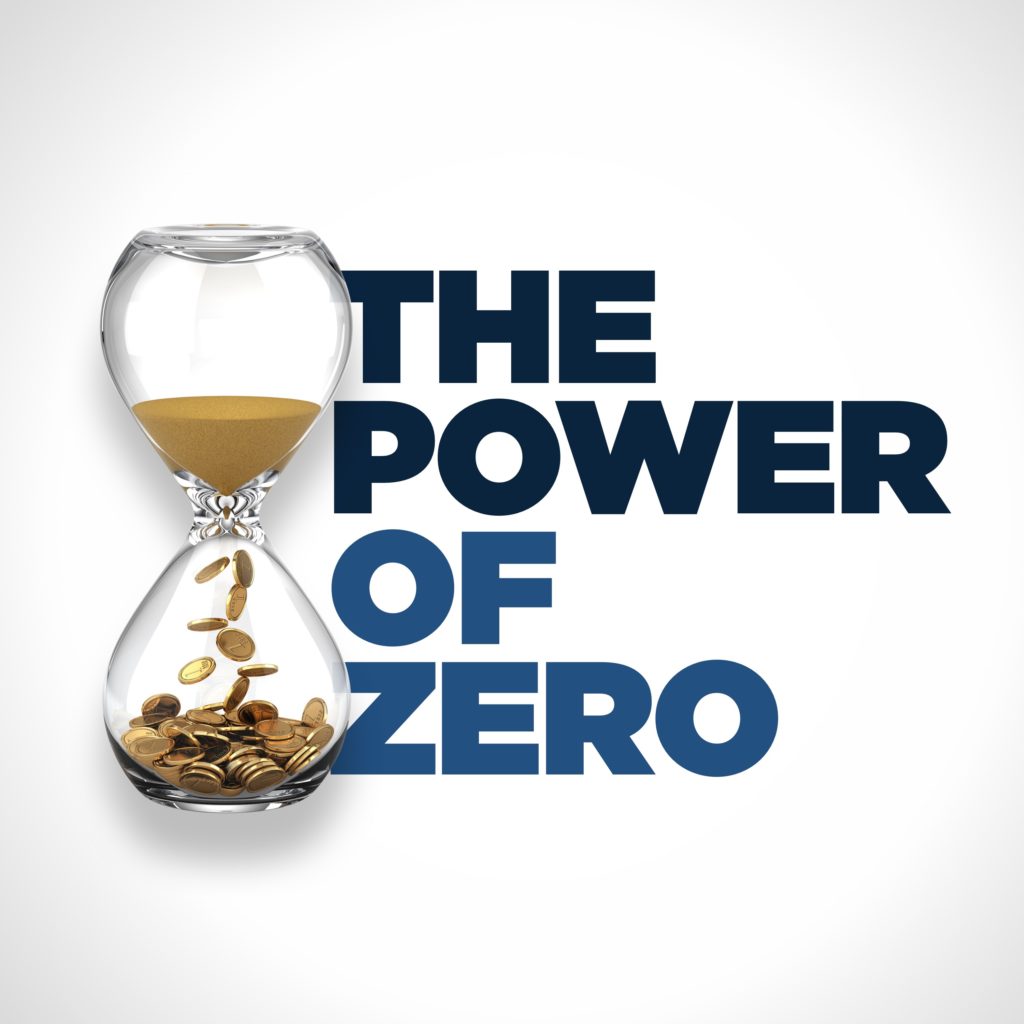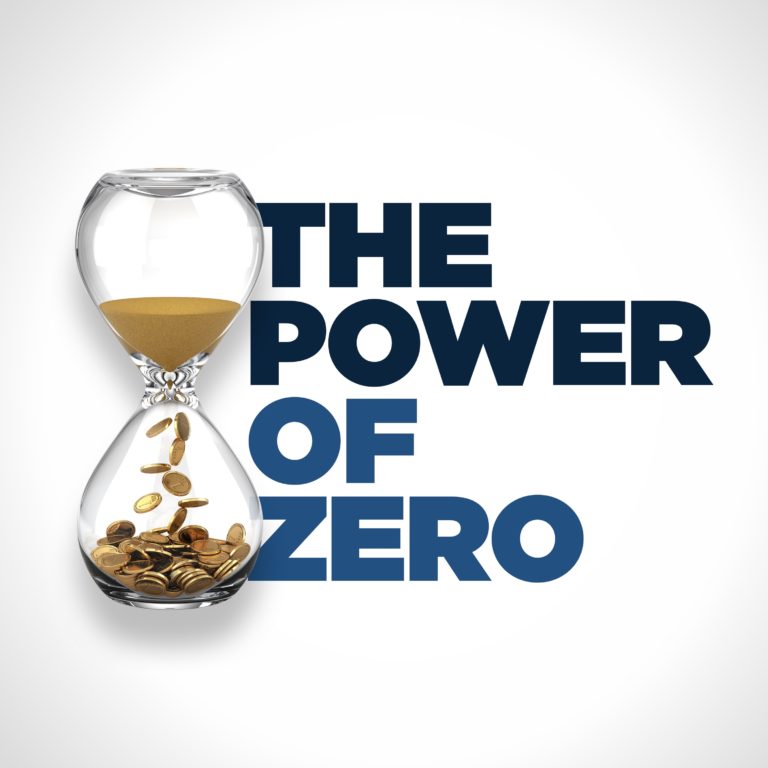David is generally very reluctant to recommend something that would cause someone to bump from a 12% tax bracket into a 22% tax bracket. We’re trying to avoid the tax apocalypse that’s coming down the road, and that means thinking about the future. There are some circumstances where it makes sense though.
A scenario to compare is between two 65 year olds with similar amounts of money in their three buckets. The first thing to do is figure out what their taxable income is by crunching the numbers on the income from their pensions and other sources, as well as their standard deductions.
In this scenario, both people are in the 12% tax bracket, which is great for them. The 12% tax bracket will be looked back upon as the deal of the century. But we have to acknowledge the remaining $700,000 in their tax-deferred bucket and they only have $24,000 left before they hit the top of the 12% tax bracket.
We could shift some of their money from tax-deferred to tax-free each year to keep them in the 12% tax bracket, but would that really solve anything? How big will their IRAs be once they turn 70 and a half, when they are forced to take the money out?
There may be a scenario where it makes sense to go into the 22% tax bracket. We have to project into the future and see how big their required minimum distributions will be in a few years. At that point in time, the 22% tax bracket will be reverting back to the 25% tax bracket, and we may very well see that the 22% was actually a good deal.
We also have to recognize that there is a scenario where someone can be bumped into the 22% tax bracket overnight. If you’re over 65 and your spouse dies, you will find yourself in the single filer tax bracket and your thresholds are reduced considerably. It’s a penalty to be single in many ways since your tax bracket gets cut in half.
The third scenario to consider is the effect of the upcoming SECURE Act. Starting next year, it could force a non-spouse beneficiary to spend down an inherited IRA or 401(k) over the course of ten years. This could mean that your beneficiaries could inherit your money at the apex of their earning years, at a period of time when taxes are going to be higher than they are today, and when they can least afford to pay the higher taxes.
If you are afraid of the 22% tax bracket right now, your children could be paying tax on your money at the 32% or 35% tax bracket, or the future equivalent. Whereas you could have paid the 22% tax now and allowed them to receive the money in the future tax-free.
Consider the three circumstances where it may make sense for you to bump yourself into the 22% tax bracket. If you find yourself as a widow prematurely, you could find yourself spending a fair amount of time in the single filer tax cylinder.
If the SECURE Act gets legislated into law, your children will inherit your money and end up paying a much greater amount of taxes.



